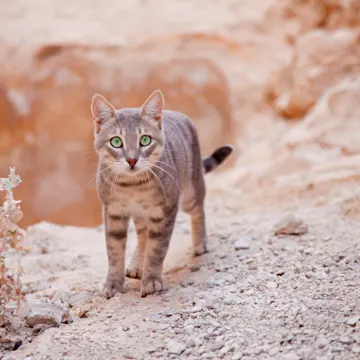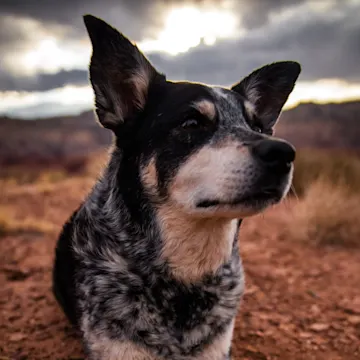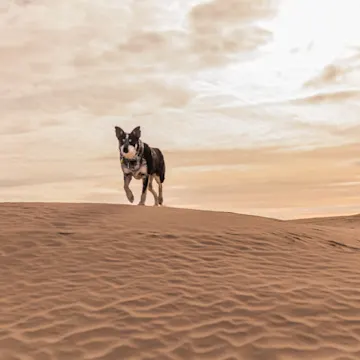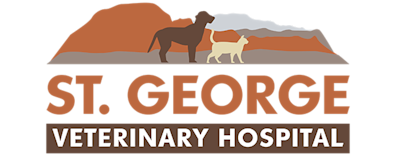St. George Veterinary Hospital
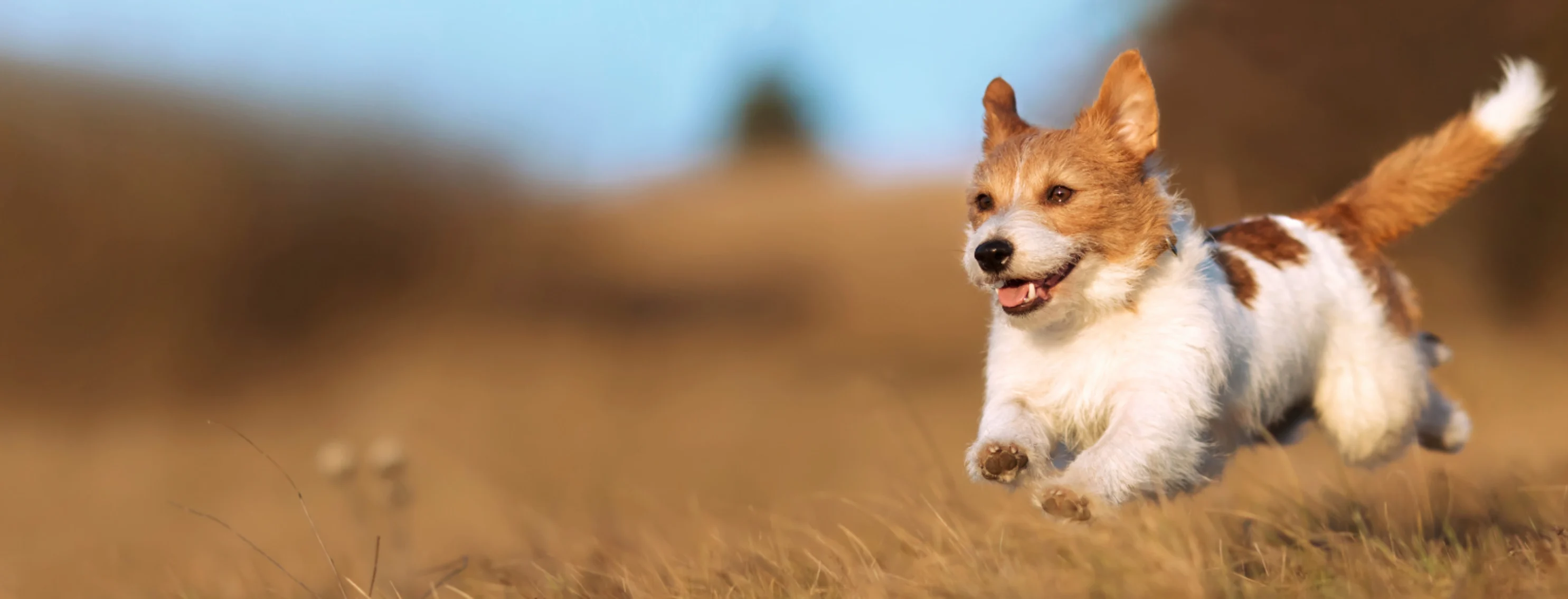
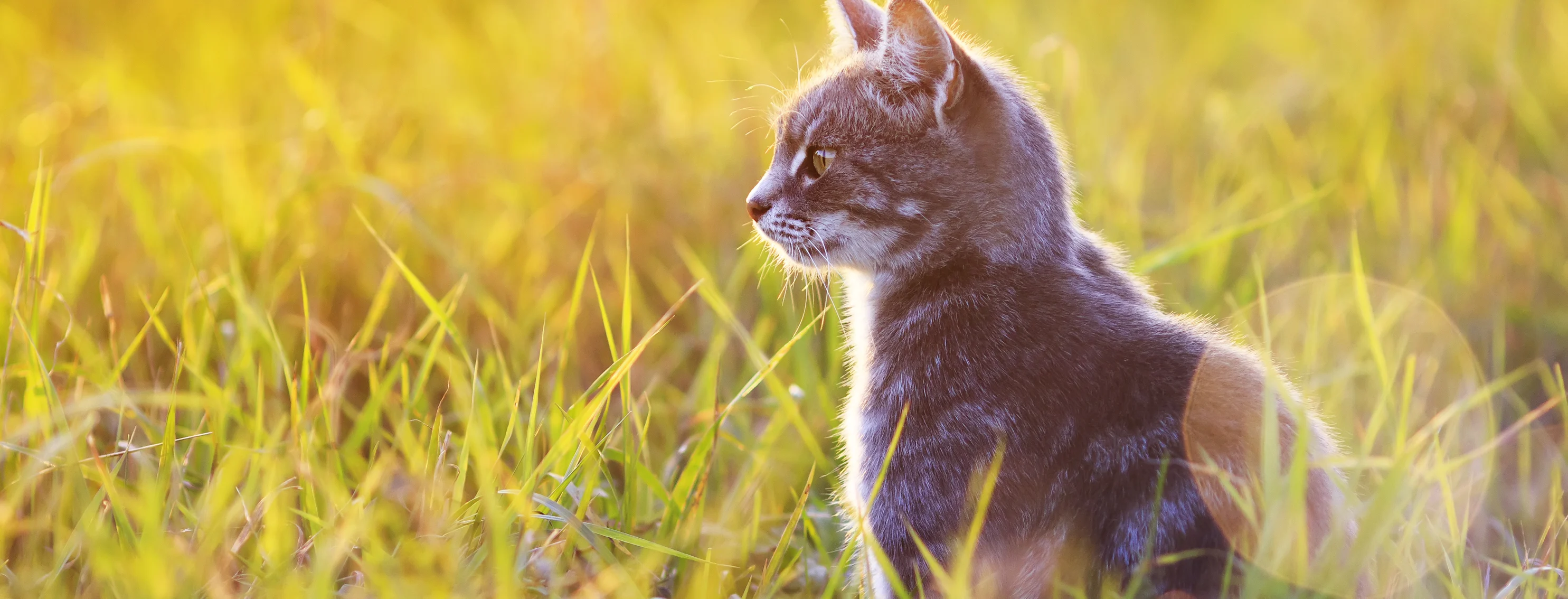
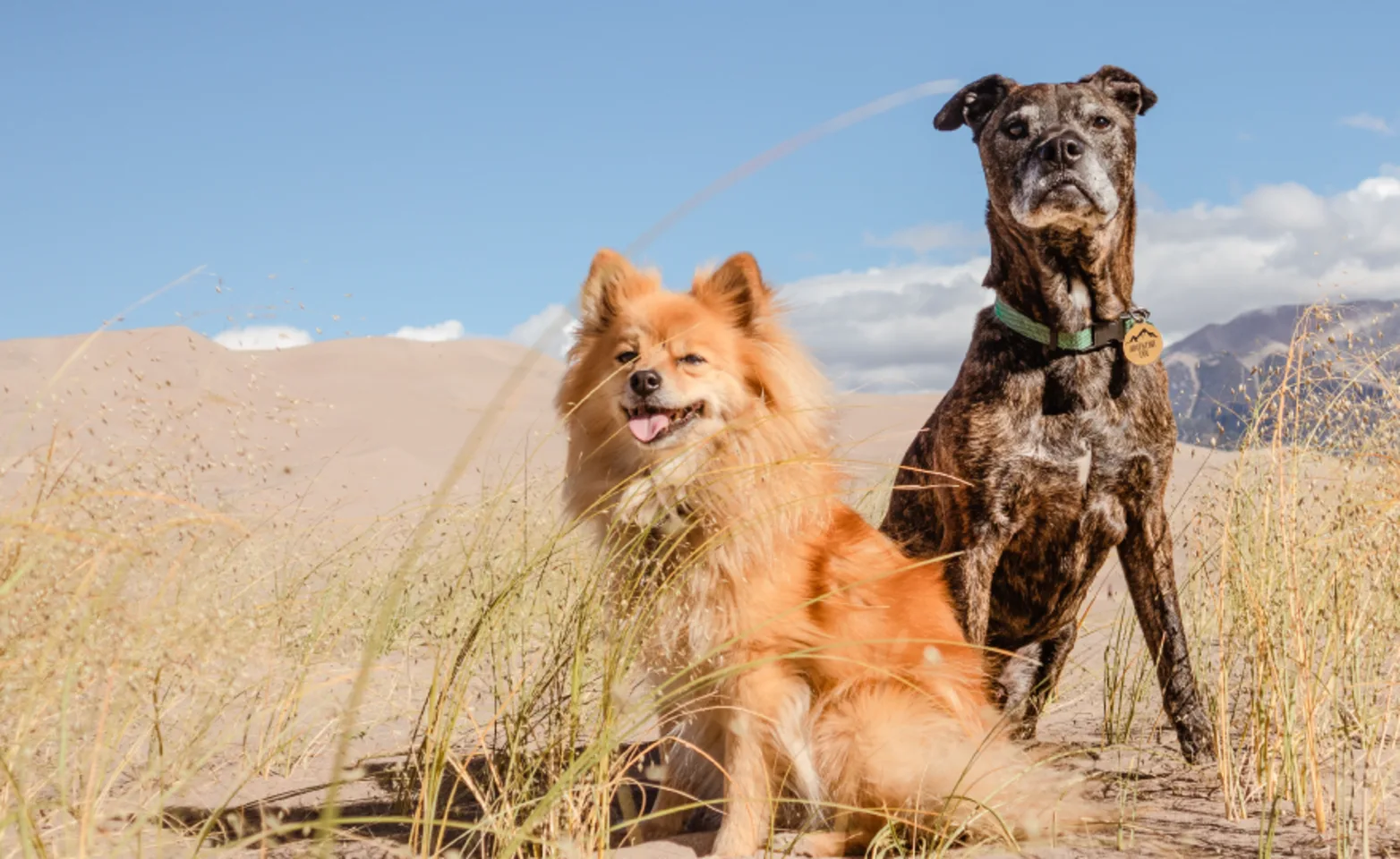
Your Neighborhood Animal Care Center
Providing the best care for you and your pet.
Caring for pets is our passion and something we look forward to doing every day. We believe it is important to get to know the personality of every animal so we can provide appropriate and relevant care. As we get to know your pets, we invite you to take a moment to get to know us and our team as well.
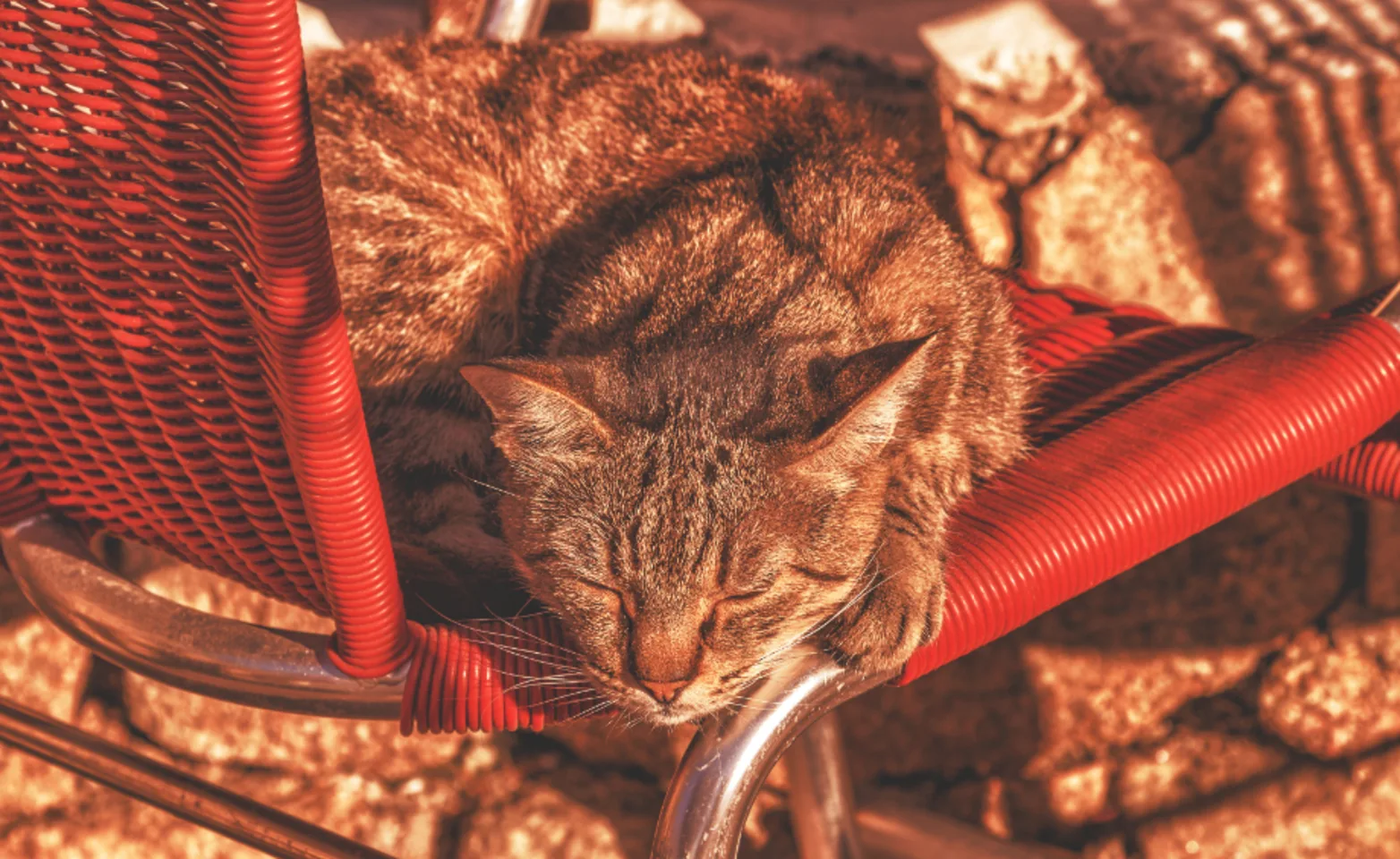
Our Commitment to Pet Health and Happiness
Timely Support: Our friendly, professional staff are dedicated individuals who have made it their mission to help pets live longer, healthier lives.
Skin Care: Our veterinarians perform detailed histories, physical examinations and basic medical diagnostics in order to treat many conditions and ailments.
Advanced Technology: Our clinic uses the latest in advanced veterinary medicine and technology to assist in diagnosing and treating your pets.
Clear Communication: We strive to always clearly communicate with our patients and their owners. If you have any questions, please don’t hesitate to contact us.
Client Reviews & Testimonials
Our staff at St. George Veterinary Hospital values feedback from our clients. Here is just a small sample of the hundreds of happy and healthy pets that we have cared for since 1965.

